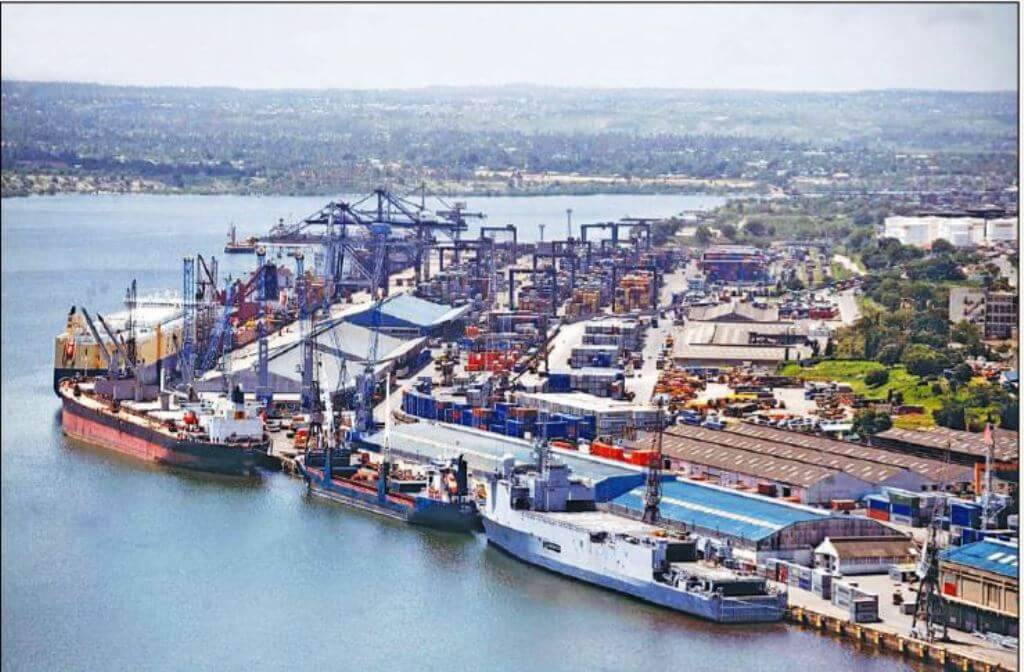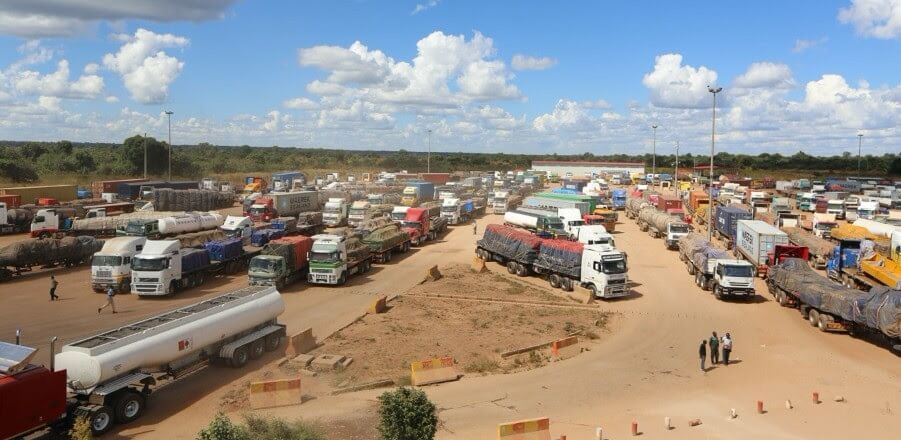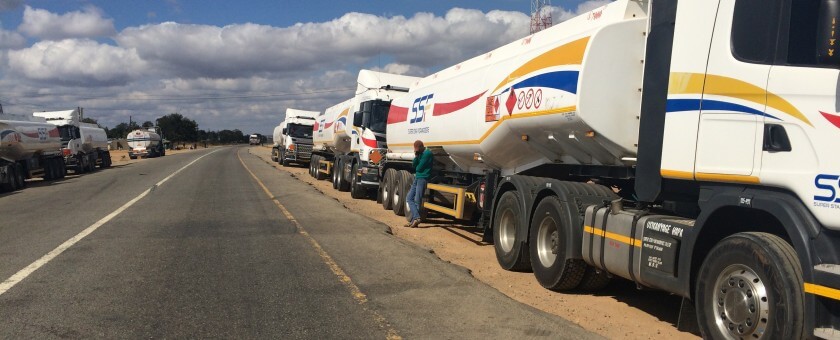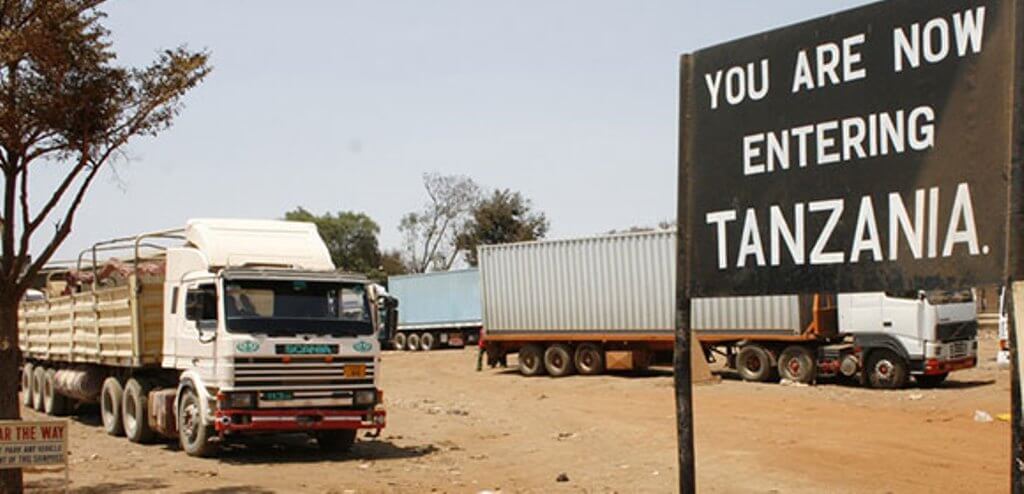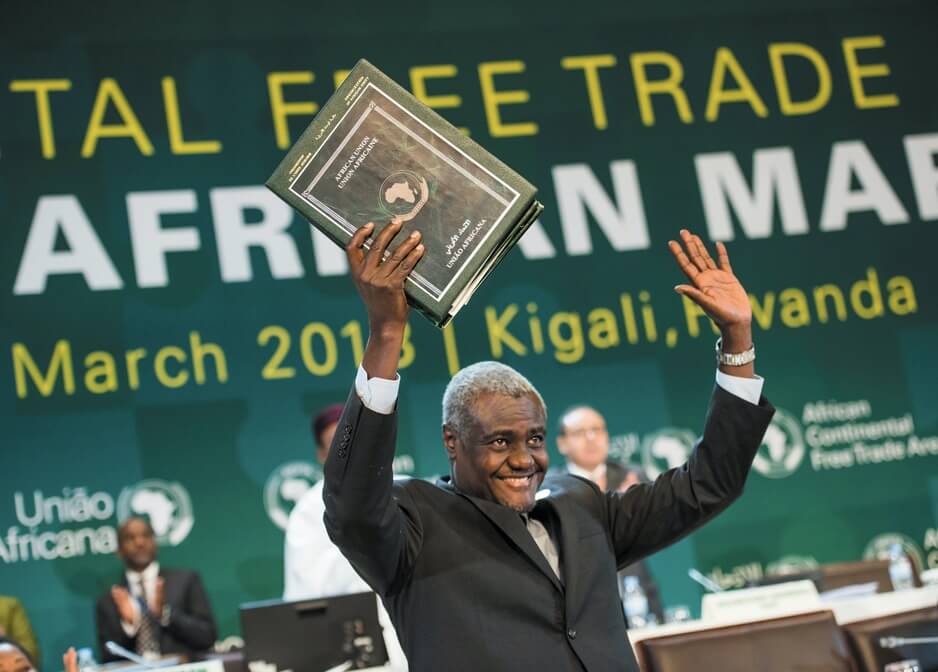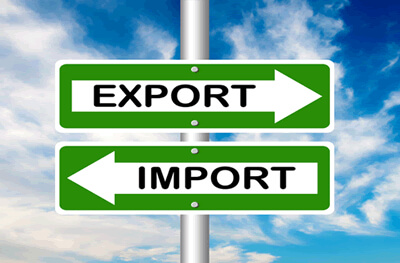WITH the outbreak of Covid- 19, the East African Business Council has advised the East African partner states to consider allowing free movement of both essential and non-essential goods within and outside the region. The outbreak of coronavirus has increased restriction on the movement of goods and people across borders threatening the livelihoods of traders and their families, and reduced revenue for partner states.Also, this has caused a significant disruption in the global value chains with China being the hub of manufacturing for most business operations. The EACBC said in its report on the impact of Covid-19 on trade that the spillover effect of this disruption has been felt by other African economies and largely by East African businesses being suppliers and importers of goods and services in the global economy. As part of the immediate recovery strategy, the EACBC counseled partner states to consider full liberalisation of open skies for free movement of cargo within and out of EAC. Also that member states look for alternative markets for EAC imports and exports to reduce dependency on a few countries. On average, EAC countries source 6 per cent of their total imports from the region, and supply 20 per cent of their total exports to the region.The cross border trade has emerged as a remedy that could reduce this adversity through flow of essential goods like food, medical supplies and other hygiene products. “Its importance to the economies of EAC is due to the characteristic nature of crossborder trade being...
Regional Business Council calls for free movement of goods in EAC partner states
Posted on: May 12, 2020
Posted on: May 12, 2020

